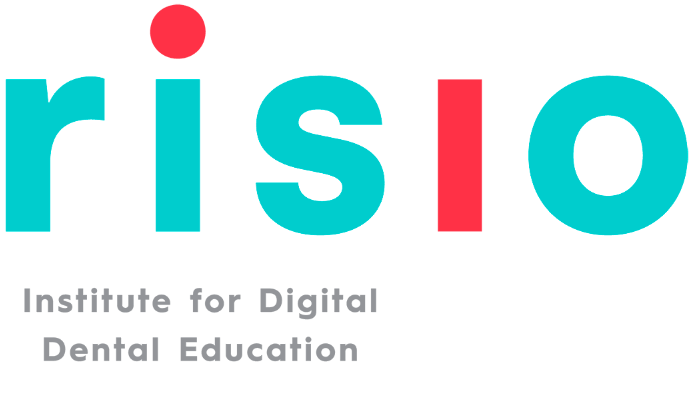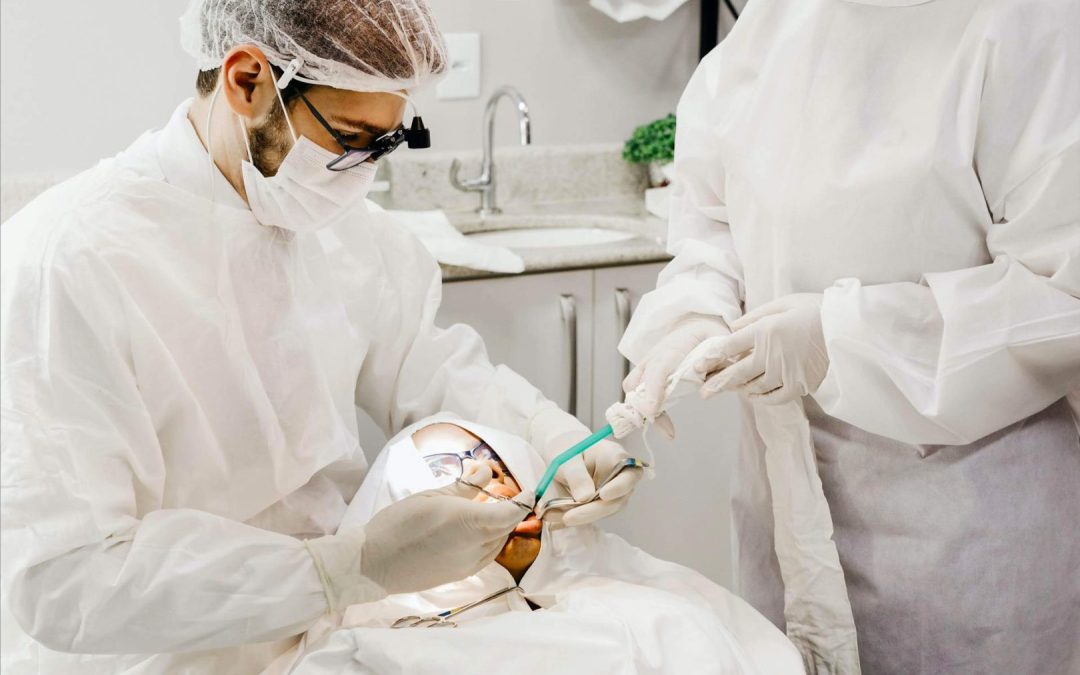Earning the right qualifications to become a dental assistant can look different depending on where you’re training and where you want to work. That’s why it’s vital to do some research before you start your program. Remember: this is going to be your career, so you owe it to yourself to make sure you’re setting yourself up for success.
Fortunately, Risio is all about setting you up for success as a dental assistant. Not only does our dental assistant diploma program offer some of the most in-depth and transferable training in the country, but we also understand exactly what questions you’ll need to answer before beginning school. Read on to discover the costs and prerequisites of top-quality dental assistant training in Canada—plus, learn what makes some types of training more versatile than others.
See also:
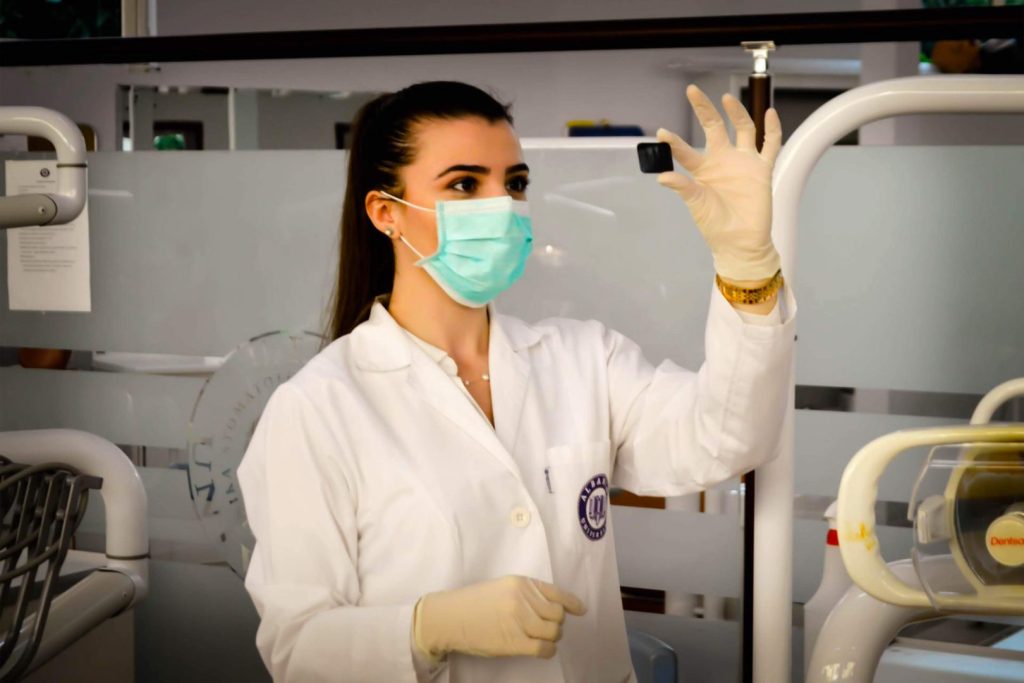
Photo by Ani Kolleshi on Unsplash
What Are the Prerequisites to Start the Program (& Is High School Enough)?
Generally, students wishing to pursue careers as dental assistants are advised to have their high school diploma or GED. To be accepted at Risio, students who have graduated from high school in Alberta also need to have the following grades in these courses:
- A minimum of 60% in English 30-1 or a minimum of 70% in English 30-2
- A minimum of 70% in Chemistry 30 or Biology 30
High school graduates applying from outside Alberta should contact Risio to learn about the equivalent courses for their home province.
We also welcome mature students, whose candidacy for the program is evaluated using a mature student assessment test. This test includes a multiple choice portion and a section where applicants must write about their interest in dentistry.
It may also help to have some prior work experience in a customer service setting. This doesn’t necessarily have to be a dental practice—although you may find adjusting to the pace of a practice easier if you’ve already worked in reception or administration at one before.
How Much Do Dental Assisting Diploma Programs Cost in Canada?
The costs for different dental assisting programs vary, but most are in the range of $10,000 to $21,000 per semester. However, Risio’s diploma program costs only $7500 for the first term (plus $310 for books) and $5000 for the second term, due to the unique structure we use.
We provide in-person clinical modules and on-site practicums so students can get the hands-on experience they need. But by teaching our theory using online modules and classrooms, we significantly increase the cost-effectiveness of the program without sacrificing value.
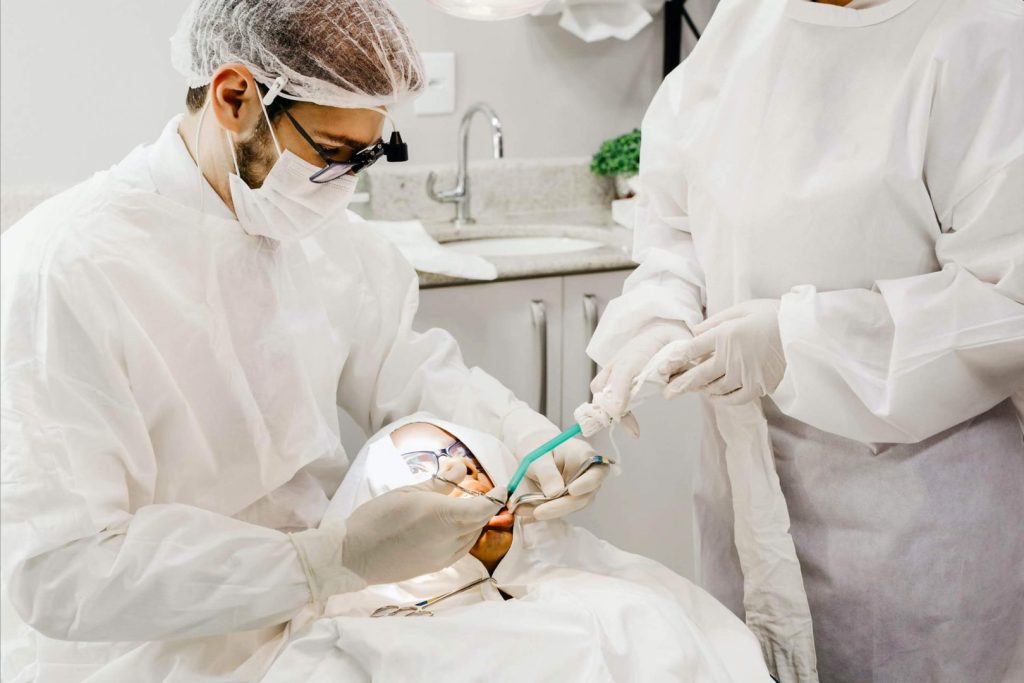
Photo by Jonathan Borba on Unsplash
How Much In-Person Experience Do You Get?
Risio’s dental assisting diploma program is designed to make the most of your in-person hours. Learning theory in a physical classroom isn’t much different from doing it online (although you probably won’t have the flexibility that online learning offers). However, we know you need hands-on experience to develop many key dental assisting skills, and we build the curriculum accordingly.
Risio’s in-person training includes:
- A 12-day clinical module at the end of term 1, where students get hands-on experience with foundational skills
- A 9-day clinical module at the end of term 2, where students focus on advanced skills and specialty areas
- An in-office practicum of 120 hours, where students practice the skills they’ve learned in a real dental office
How Many & What Kinds of Classes Do You Take?
Risio’s program includes 12 modules split across 3 terms (including practicum) over a 21-month period.
Modules for term 1 include:
- Intro to the Profession of Dental Assisting
- Microbiology and Infection Prevention & Control
- The Foundation of Dental Assisting
- Vital Signs and Patient Assessment
- Emergencies in the Dental Office and OH&S
- Oral Health & Preventive Dentistry
Modules for term 2 include:
- The Art of Restorative Dentistry
- Laboratory Procedures
- Specialties & Dentistry
- Dental Health & The Community
- Dental Reception
The final module is the practicum, which takes up the entirety of term 3.
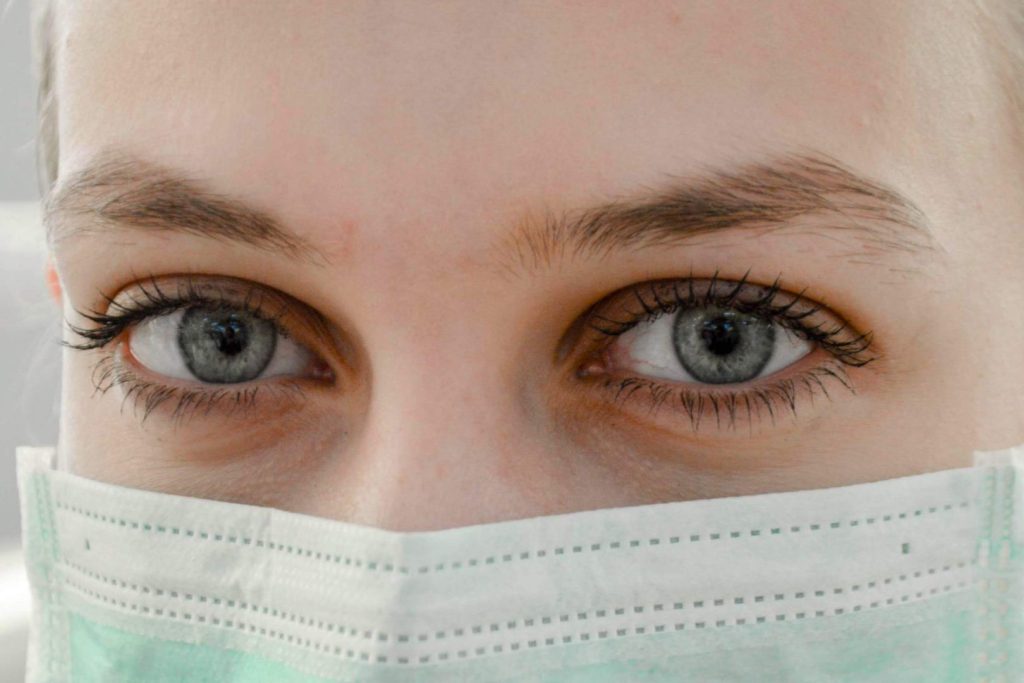
Photo by Ani Kolleshi on Unsplash
Will I Be Fully Prepared After Finishing the Program?
Just like with any other professional training program, you’ll experience a learning curve when making the move from Risio to your career. However, by staggering our clinical modules at strategic points throughout the program, we ensure that all students have ample opportunities to get comfortable with the theory they’ve learned before putting it into practice in the real world.
Risio’s program also prepares you to work as a dental assistant anywhere in Canada. Here’s why that’s different from programs in some other parts of the country:
Level 1 vs. Level 2 Dental Assistants
The Canadian Dental Assistants Association splits up dental assistants into two categories. Level 1 dental assistants are responsible for chairside duties like prepping patients and instruments for exams. They may also take vitals, update charts, and assist with reception or administration tasks as needed. But only level 2 dental assistants can perform intra-oral tasks like suture removal or desensitising.
Elimination of Level 1 in Alberta
The College of Alberta Dental Assistants used to distinguish between level 1 and 2 dental assistants, but that’s recently changed. Today, all dental assistants trained in Alberta must receive training equivalent to level 2.
That means a dental assistant who trained in Alberta at Risio will be able to take their skills to a job in Ontario or Quebec if they want to move across the country—but a dental assistant trained in one of those provinces would need to upgrade their clinical skills before being able to perform them at a job based in Alberta.
Don’t worry, though—since Risio’s theory is all taught online, an aspiring dental assistant living in Ontario or Quebec can still take our program, and will only have to come to Alberta for the in-person clinical modules. This makes Risio an excellent way for people anywhere in Canada to become dental assistants anywhere in the country, regardless of the level of training available to them at home.
Risio students graduate with advanced skills not always taught across the rest of the country. Our students learn to perform tasks related to:
- Radiography
- Coronal Polishing
- Topical Fluoride
- Topical Anaesthetic
- Dental Dams
- Suture Removal
- Dental Sealants
- Desensitising
- Bases and Liners
- Matrices and Wedges
- Preliminary Impressions
Best of all? Dental assistants in provinces where they’re required to perform these skills make more money. The average wage of a dental assistant in Alberta is over $29 per hour, while a dental assistant in Ontario is under $24.
Train for the Dental Assisting Career You Want
Choosing to earn your diploma at Risio can make you more competitive by giving you skills you won’t find elsewhere in Canada. It can also save you money by reserving your in-person training hours for the places where they really count and allowing you to learn the theory you’ll need in a flexible online environment. For more information about our upcoming cohort, contact Risio and speak with a member of our team.
